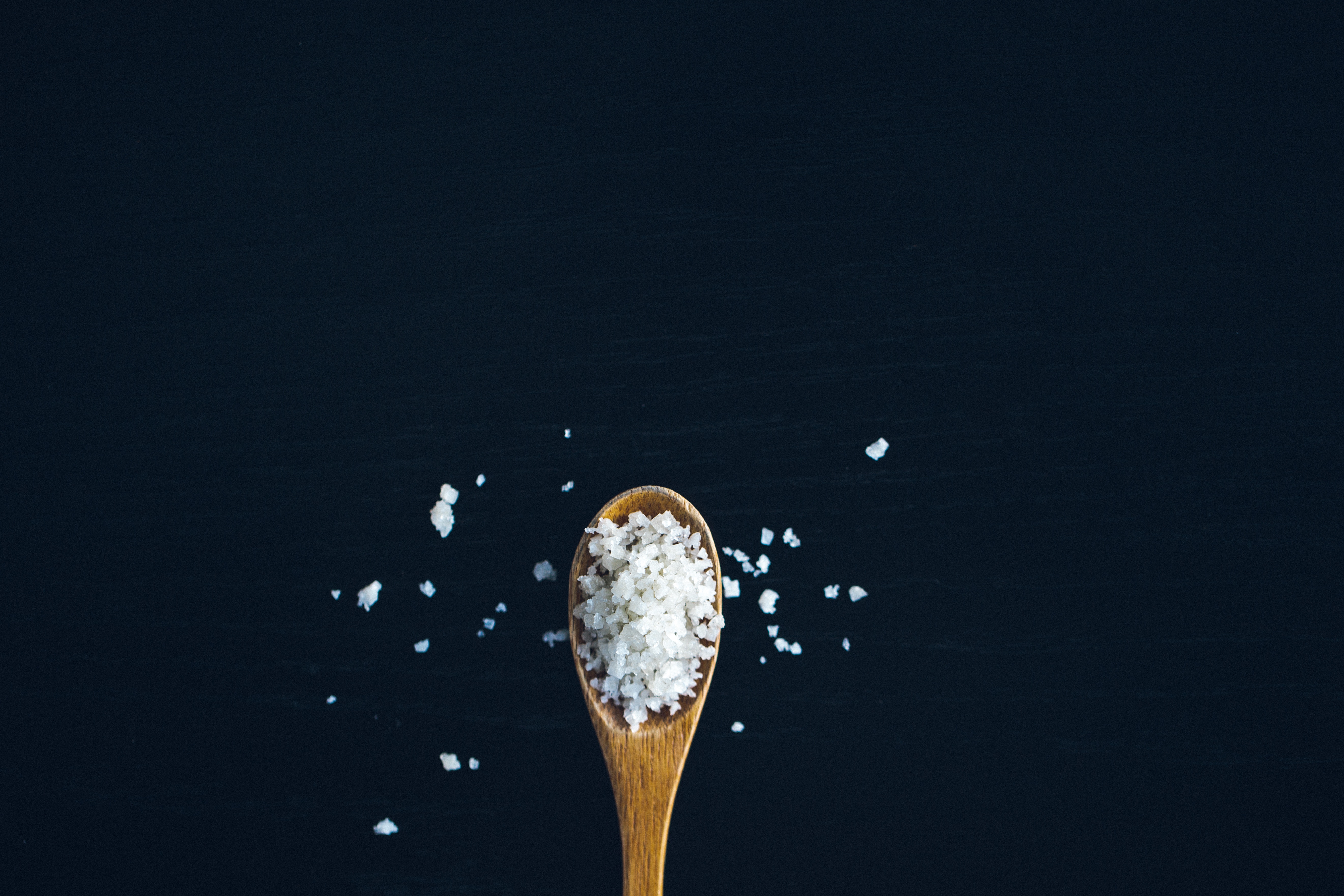
Sudden cardiac arrests (SCAs) are like electrical malfunctions. They happen when the signal to your heart stops. As a result, the heart can’t pump blood to the brain and many fall unconscious. There are over 30,000 out-of-hospital cardiac arrests (OHCAs) in the UK each year, and the survival rate is only 1 out of 10. The statistics are frightening, but it’s important we develop the nation’s knowledge of heart health.
Simple changes to your diet can reduce your SCA risk and improve your way of life. If your heart is healthy, the chances of experiencing an SCA drastically fall.
In this blog, we’re looking at the link between SCAs and obesity. Being overweight has run-on effects such as increased blood pressure and high cholesterol, and can impact heart function. Not only does it increase your likelihood of experiencing an SCA, but it can also impact your ability to recover afterwards.
Excessive salt in your diet increases your blood pressure. High blood pressure can increase a person’s risk for cardiac arrest.
Too much salt in the bloodstream leads to an increase of water in the blood vessels. This means more blood is flowing, and blood pressure consequently rises. High blood pressure is damaging for your heart as it puts it under increased strain, and over time will cause it to weaken. It will also result in the blood vessels hardening and narrowing, causing the circulatory system to be less productive and having to work a lot harder day-to-day.
Saturated fats can negatively impact heart health because of their tendency to increase LDL cholesterol found in the blood.
Too much cholesterol in a diet means an excess in the bloodstream. This means the cholesterol is left to build up in your arteries and clog them, limiting function. If the arteries are blocked, less oxygen reaches the heart. A build-up of cholesterol means the heart has to work a lot harder to carry out its everyday function, increasing the chance of it suddenly malfunctioning.
Increased blood sugar levels may result in obesity or diabetes. High blood sugar levels, even if only for short periods of time, can negatively impact blood vessels and heart function. Working in a similar way to cholesterol, excess product builds up on the walls of blood vessels and inhibits the flow of oxygen to and from the heart.
‘Everything in moderation’ can definitely be a healthy and realistic way to approach food. However, it’s still worth thinking about your diet and what exactly you’re putting into your body. Things like salt, saturated fats, and sugar can all play a part in contributing to obesity and in decreasing heart health. Wherever possible, try to decrease the pressure you’re putting your heart under and help it function as easily and efficiently as possible.
There are some fairly straightforward ways to prevent the risk of sudden cardiac arrest. But it can still be worth preparing for any emergencies. If you’re interested in getting a defibrillator for your business, or have any other questions about heart health, get in touch with Defib365 on 0333 050 6649.

A defibrillator might not seem like essential office equipment. But in an emergency, they could be the difference between life and death. Due to the growing awareness of the danger of sudden cardiac
Read More
We associate heart problems with poor lifestyle choices – unhealthy diet, lack of exercise, chronic stress – that sort of thing. However, science paints a more complex picture of heart health. Genetics also
Read More
It’s one of life’s unfortunately grim statistics: there are more than 30,000 out of hospital cardiac arrests in the UK each year. Without rapid treatment using CPR and a defibrillator, chances of survival
Read More
Pumping essential supplies, like blood and oxygen, to our bodies every second of every day for our entire lives is no easy task. That’s exactly what our heart does. For all their hard
Read More